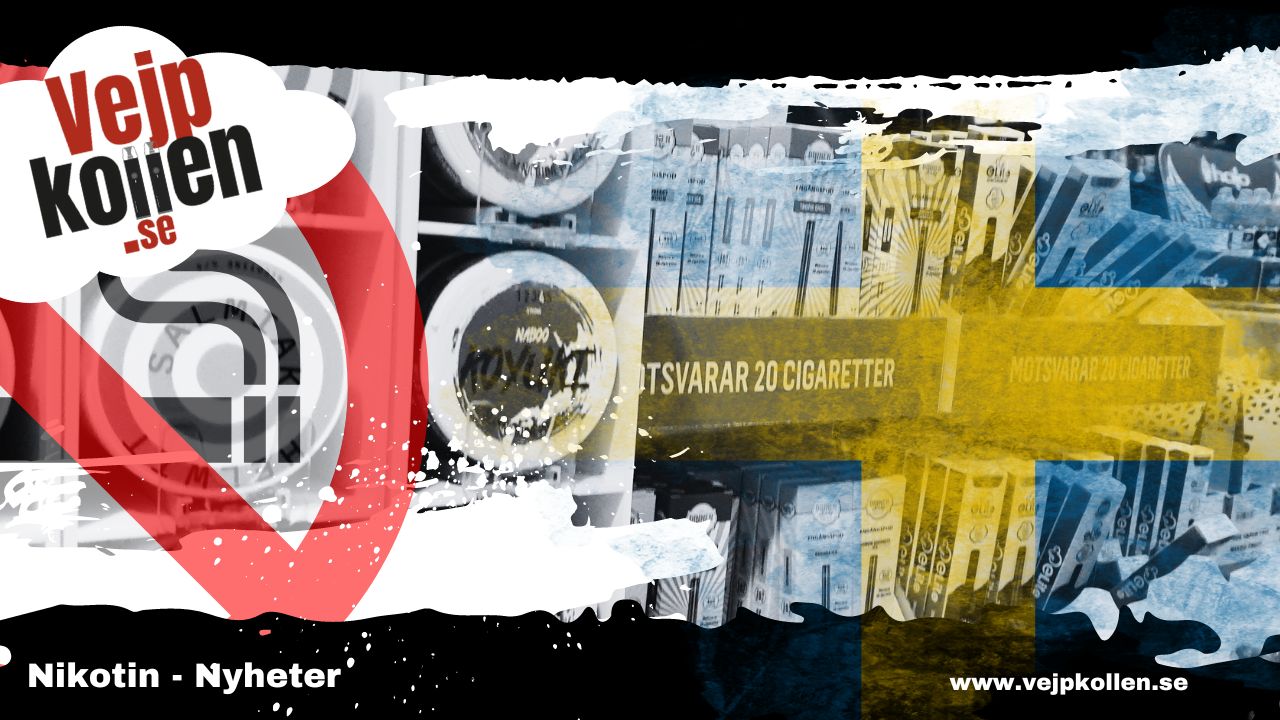Better but far from enough.
This was the message when the Swedish Snus Manufacturers' Association presented its new report on the supervision and implementation of age checks for smokeless nicotine products in Sweden.
"Shops are checking more often compared to 2023, but this is still low and unacceptable. At the same time, we see that the supervisory authorities are not doing enough to reduce the possibility for minors to get hold of nicotine products," says Patrik Strömer, Chairman of the Snus Manufacturers' Association.
Swedish convenience stores and petrol stations are getting better at checking the age of purchases of smokeless nicotine products. At least compared to previous years. But the situation varies greatly between different types of shops. The best performers are franchisees, individual retailers and grocery chains, which checked the age of 60 per cent of purchases. However, it looks worse at petrol stations. There, staff checked the age in only 44 per cent of cases.
"Overall, things have improved since the last survey, but of course this is not enough. At the same time, we have learnt what measures we can take in the industry to increase age checks, which is an important step in the right direction," says Patrik Strömer.
Investing in information material
The report is based on two major trials conducted by Mystery Shopper on behalf of the industry. People of legal age, but under 25, were sent out in the Stockholm area in 2023 and 2024 to buy nicotine pouches in a number of different shops.
The results for 2023 showed that only 48% of shops checked IDs. The results were then collated and shared with individual shop owners and retailers. Stores were now offered awareness-raising material in the form of digital training, signs and stickers that could be placed at the checkout to remind staff of age checks whenever a nicotine product is purchased.
"Not all shops used the information material and implemented their own measures. However, it turned out that all those who took some form of action improved significantly a year later when we tested them again." concludes Patrik Strömer.
Clear improvements
When the same check was carried out in 2024, the propensity to take the ID had increased by 10 per cent on average - to 59 per cent. Business owners who chose to use the information material produced by the Swedish Snus Manufacturers' Association and Swedish Match fared best. Four out of five shops that had visible information material for both customers and staff improved their controls. However, other technical solutions were also trialled by companies. One method that proved effective was to force staff to manually enter the buyer's year of birth at the checkout for each purchase of a nicotine product (snus, vejp, nicotine pouches or cigarettes). However, education on the age restrictions of the products alone was not found to be a sufficient measure.
"Not ok that every second purchase is not checked"
Mr Strömer says the results should be seen in a positive light, but not as a solution to the problem of minors being able to easily buy smokeless nicotine products.
"It is of course not ok that almost every second purchase is still an uncontrolled purchase. This means that a minor can actually take a chance to buy a packet of nicotine pouches, and that there is a 50/50 chance of success. This is a very important issue for the industry, of course, not least in the long term." he says.
Criticism of local authority supervision
At the same time, Patrik Strömer, and the authors of the report, criticise the supervisory authorities themselves - the municipalities. According to the report and the companies that participated, the municipalities are also very poor at carrying out clear supervision of age checks.
"Traders see inspections as a way to help them do the right thing. But we often see that the inspections are just about complaining that a snuff cabinet is too well lit or that the warning text on a product is a few millimetres too small. And inspections are very infrequent, perhaps once a year or even less. Retailers are charged for their licences to sell nicotine products - but what do they actually get for that fee? In our view, it should include one qualitative visit per year and regular age checks." says Patrik Strömer.
Presented to politicians
The report "Is municipal supervision sufficient to protect minors from nicotine?" was presented during a seminar in the Swedish Parliament. In addition to the Snus Manufacturers' Association, representatives from the Committee on Nutrition and Social Affairs, local politicians, Robert Dimmlich from the Swedish Service Station Organisation and Otto Drakenberg, CEO of SMD logistics - Sweden's largest distributor of nicotine products - were present.




